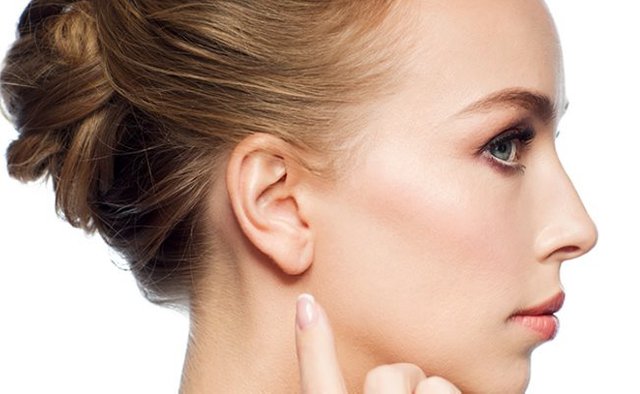
Otoplasty is a widespread procedure. It is often less intensive compared to other surgeries. However, you need to be careful if you want to avoid possible complications. If you have just had the ear surgery and now you have a recovery period, there are things that may help you recover smoothly and faster. These instructions will help you speed up recovery and reduce the risk of developing complications as well.
Don’t touch or rub your ears
Doctors often perform ear surgery under the local anesthesia, so you will not feel discomfort once your procedure is done. Your surgery will not interfere with normal life right after the procedure. However, you need to be careful and avoid touching your ears for the first few weeks.
By touching your ears you may displace them, damage the incisions, and delay the recovery. You may even miss the trauma since your ears will be numb. You also need to avoid sleeping on the side. This may put additional pressure on your ears and damage them.Wear your headband
A bulky dressing will cover your ears immediately after the otoplasty. About a week later this bulky dressing will be replaced with a lighter one that looks like a sweatband. It is very important to wear a headband since it protects your ears and keeps them in the right place. Most likely the doctor will tell you to wear it for a few weeks.Quit smoking
Cigarette smoking negatively affects wound healing on multiple levels. Smoking and secondhand smoking can significantly delay your recovery. Nicotine is a vasoconstrictor that lowers normal blood flow to the tissues. This may result in tissue ischemia and impaired healing of injured tissue. Smoking may also cause irregular scarring and wound suppuration.Keep your head elevated
Swelling is a common part of post-surgery recovery. Keeping your head elevated might help to minimize swelling. It is especially important when you sleep. You may use a few pillows to prop your head up. Avoid bending over when you are awake. This may increase the risk of bleeding. Swelling usually lasts for about a month but some people experience swelling for a longer period of time. You may experience residual swelling for up to six months.Avoid prolonged sun exposure and extreme temperatures
For the first few weeks, your ears will numb so you may not feel the burn caused by sun exposure. You also need to be careful when using an ice pack. Don’t apply it for a long period of time since this may cause frostbite. It is recommended to avoid using a hairdryer for the first few months to prevent burn.
It will take about one year for scars to heal and turn into thin silvery lines. Avoid tanning during this period of time to prevent hyperpigmentation. Clear liquids and soft foods may help relieve this side effect.Eat a healthy diet
It is very important to eat a healthy diet for the first few weeks after ear surgery. During this time your body needs nutrients and vitamins to heal properly. It may be slightly uncomfortable to eat hard foods so you may switch to a softer diet. Choose smoothies and fresh-pressed juices to ensure proper nutrients and vitamin intake. After general anesthesia, you may also experience nausea.Discharges from ears is not a reason to panic
Your ears may drain some fluid for the first few weeks after the otoplasty. This fluid may have a different consistency and color. It can be thick, dark, or red. If you have such discharges, then you may use a cotton pad and hydrogen peroxide to clean the surgery site. Clean the external part of the ear and avoid cleaning the ear canal. This may damage the ear. If discharges are excessive, then it is recommended to contact your plastic surgeon for a consultation.